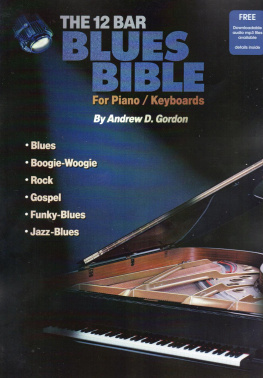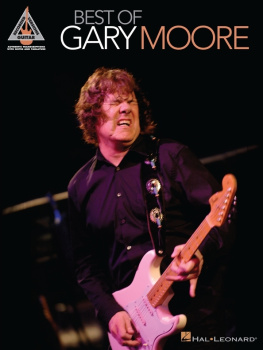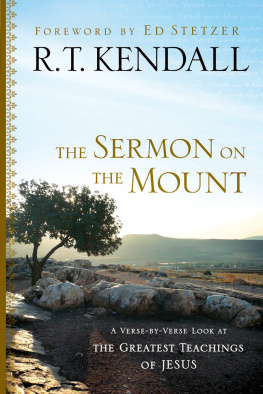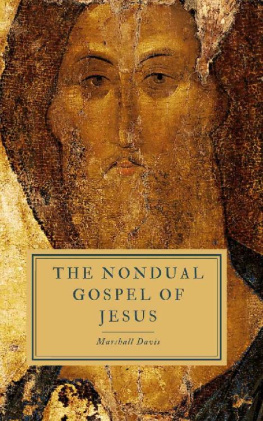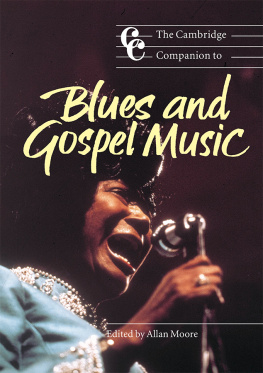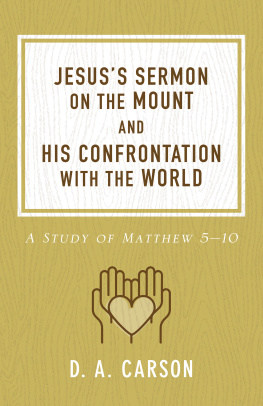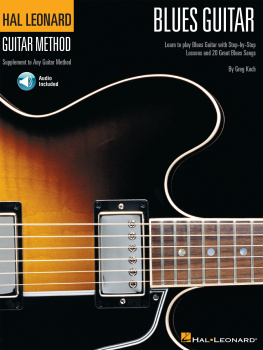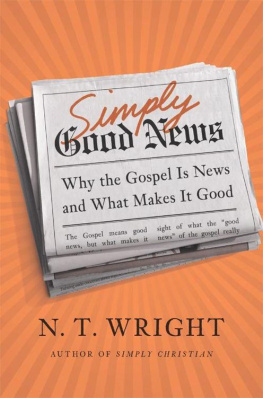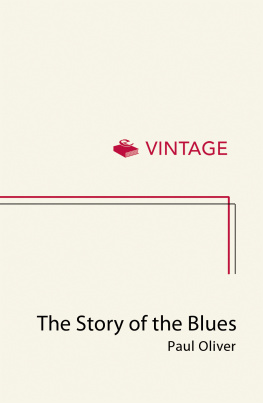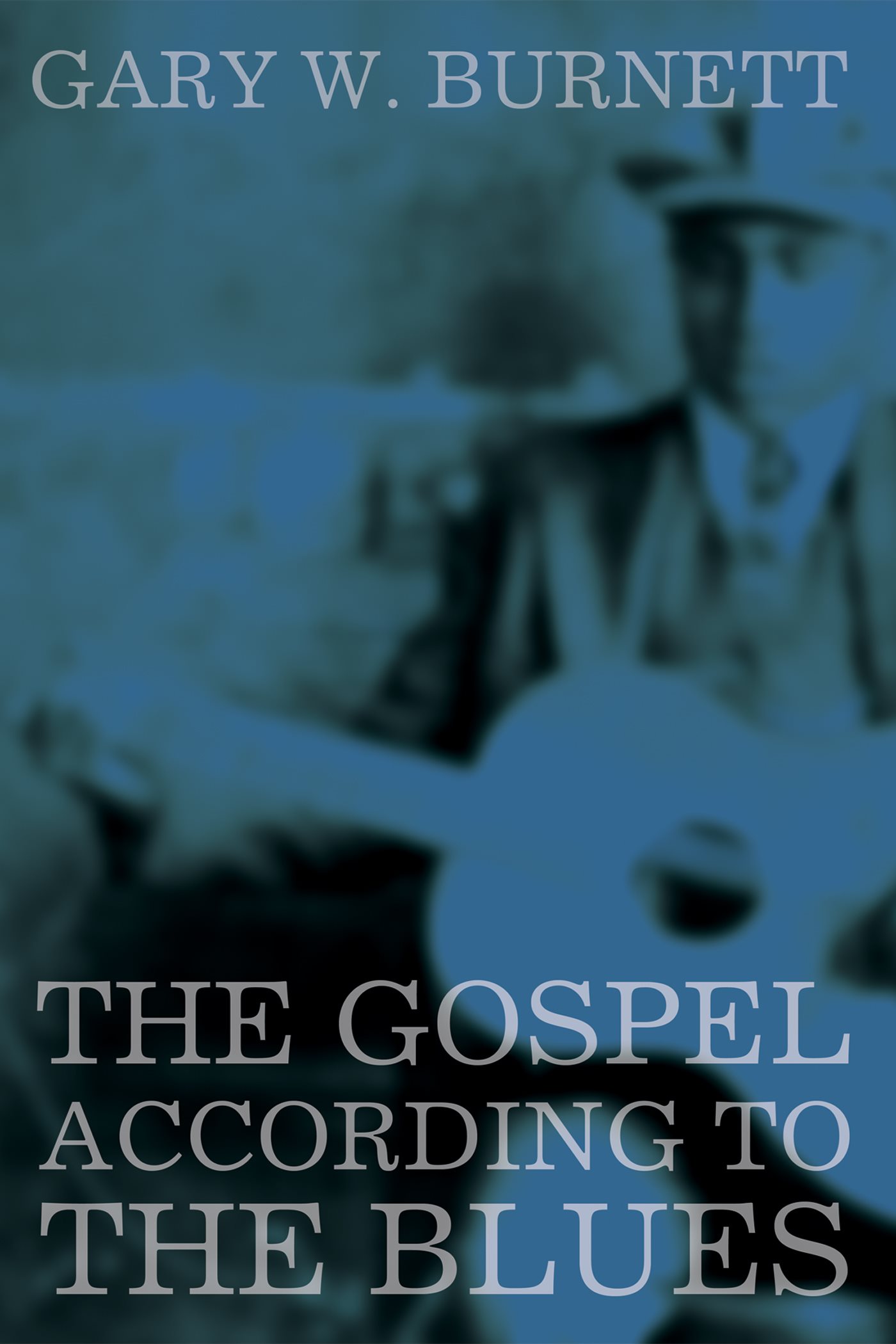The Gospel According to the Blues
Gary W. Burnett
one
The Gospel According to the Blues
Introduction
M y first introduction to the blues was when I was a teenager. My friend George Lowden (who has since become one of the worlds leading acoustic guitar makers) lent me an album entitled The World of Blues Power , made in 1969 , which was a compilation of stuff by John Mayalls Bluesbreakers with Eric Clapton, Ten Years After, Peter Green, and Savoy Brown.
As a boy brought up in a very conservative church in Northern Ireland, my exposure to music was pretty limited. That is to sayvery limited. I knew a lot of hymns and choruses and a bit of classical music from my years of learning pianobut beyond that I was green. The pop revolution of the sixties with The Beatles and The Rolling Stones and so on had largely passed me bybut, given that George was a bit older than me and a pretty cool guy, I borrowed the album, took it home, and put it on the turntable.
When I listened to Clapton playing All Your Lovin, Pretty Baby and Savoy Brown singing taste and try before you buy, not to mention some more rather tasty lyrics later on in that song that certainly were not the sort of things discussed in the church in which I had been brought upI was hooked on the blues. The next stop was another album George lent me, by Sonny Terry and Brownie McGheethis time not the electric blues of Eric Clapton and John Mayall, but much more raw, Delta-style blues with acoustic guitar and harmonica.
As I listened, I realized that there was something about this blues music that seemed to reach right inside of me and just grab my innards and twist them. It was something visceral: it felt real, it felt importantin a way that the pop stuff most of my friends were listening to didnt. And that really is the essence of the blues. Its music that goes deep; it moves you; it seems to be able to speak to you in ways that are far from superficial.
And so began a lifelong love of the bluesmusic from a culture and time far removed from mine, and yet which has had the power to draw me again and again over the years. As time has gone on, Ive increasingly pursued my passion for two thingsfirst, trying to understand the New Testament, and secondly, the blues. Despite having a career in the software industry, I completed my BD and PhD studies in universities in London and Belfast and have taught the New Testament for a number of years at my local university. Ive a particular interest in the writings of the Apostle Paul. But my interest in the blues has increased in recent years as well, and I love listening to and playing the blues (Im an enthusiastic, if not skilled guitarist) and reading blues history. But it never occurred to me until recently that it might be possible to combine in some ways these two passions and to be able to reflect on Christian theology through the lens of the blues.
A few years ago a new minister, Steve Stockman, came to our church in Belfast. I discovered he had written a couple of books on the connections between secular rock music and Christian faith. Steve is passionate about music and, with his encouragement, the church has put on a number of musical evenings, where we have explored the music of various artists and have reflected on the ways in which their songs are relevant to faithchallenging, encouraging, or questioning. We are now running an annual blues evening, which has been a great success, with lots of great live blues music, along with critical reflection on matters of life and faith. The experience of these evenings has encouraged me to begin to reflect on both blues music and my Christian faith more deeply and, in particular, on how we might think about various aspects of the Christian gospel. So this book is an attempt to think about the gospel through the lens of the bluesto see if there might be angles and ways of thinking about faith through a connection with the blues that might be both challenging and beneficial in considering the meaning of the gospel of Jesus Christ in todays world.
In his excellent Getting the Blues , which looks at what blues music might have to teach us about suffering and salvation, Stephen Nichols quotes third-century church father Tertullian, who said What hath Athens to do with Jerusalem?, and reframes it as, What has Christianity to do with the Mississippi Delta? Nichols feels that Tertullians negative answer to this question about the relationship between philosophy and faith was mistaken and that it would also be wrong to suggest that there should be no engagement between Christian faith and modern culture. Instead, there needs to be an engagement that is a two-way street; we find common ground to speak the gospel to others and from others we gain a better understanding of the gospel. That being the case, Nichols argues that Mississippi has rather a lot to do with Jerusalem.
Christianity and Cultural Engagement
For many years in a large section of the Christian church there has been deep suspicion of engaging in any meaningful way with modern culture. In the circles in which I grew up, much was made of being in the world but not being of the world. What this meant in practice was that Christians should confine themselves to the sanctified world of the church and leave unredeemed culture well alone. So things like the cinema, rock concerts, certain types of literature, and popular music were all pretty much off-limits. Things have changed enormously, of course, but there is still an inward-looking Christian subculture where it seems safe for Christians to dwell, where faith is not challenged and where Christians can remain untainted by the sinful outside world. In this version of Christianity, the gospel is simply about a person understanding she or he is a sinner, repenting, exercising faith in Christs death on her or his behalf, receiving forgiveness, being put right with God and bound for heaven after death.
The problem is, such an individualistic and other-worldly focus doesnt do justice to the full reality of the gospel, which has as much to do with world-transformation as it does to do with personal transformation. As we will see, the gospel we find in our New Testament, preached by both Jesus and Paul, is about the arrival of the rule of God on earth, about God renewing the cosmos and reconciling all things to Godself through Christ. Its about God putting things to rightsor, to put it another way, bringing justice. Once we start thinking about the gospel in this way, the focus shifts from the individual (although of course, importantly including the individual) and we see that there is not a part of our world that God does not wants to touch, redeem, and transform. And that God wants Gods people to be a part of that redeeming, transformative project.
The story in the first few chapters of Genesis, for sure, tells us about a world gone wrong, about human beings who have given up their God-given task of representing God to Gods world and taking responsibility for that world, because of their own desire for independence from God. The ramifications of that are far-reaching and include broken human relationships, broken societies, injustice at every turn, and broken responsibilities towards the earth. As Bob Dylan says simply, Everything is broken.
Gods plan for his world is nothing less than complete redemption for fallen human beings and a fallen cosmos. The Bible is the story of the creators plan to deal with the problem of evil and to restore the order of Gods world. As New Testament scholar Tom Wright maintains, Gods plan was always to do this through a people. Despite the failure of Gods ancient people to be Gods agents of transformation, Gods purpose was achieved through the one who represented Israel, Jesus, the Messiahthrough his death and resurrection. Now this transformative project, which God will complete when Jesus returns, is to be moved forward by those who are, according to Paul, in Christ.


